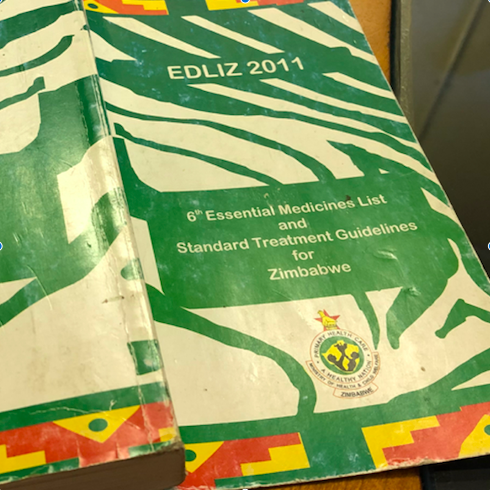Antibiotics, Rational Drug Use and the Architecture of Global Health in Zimbabwe
Dixon, J. et al
2021

Abstract
Rising concerns around antimicrobial resistance (AMR) have led to a renewed push to rationalise antibiotic prescribing in low- and middle-income countries (LMICs). There is increasing unease in conceptualising antibiotic use as individuals behaving ‘(ir)rationally’, and recognition that rising use is emergent of and contributing to wider economic and political challenges. But in between these individual and societal level ‘drivers’ of antibiotic use is an everyday articulation of care through these substances, written-in to the scripts, delivery chains and pedagogics of global healthcare. This article focuses on these everyday ‘architectures’ that over time and across spaces have knitted-in antibiotics and rhetorics of control that inform current responses to AMR. Based on historically informed ethnographic research in Zimbabwe, we examine points of continuity and change between 20th Century rational drug use (RDU) discourses and contemporary socio-political formations around AMR and antimicrobial stewardship (AMS), paying particular attention to their co-evolution with the process of pharmaceuticalisation. We illustrate how the framework and techniques of RDU were embedded within programmes to increase access to essential medicines, and as such complemented Zimbabwe’s building of one of Africa’s strongest postcolonial health systems. Whilst RDU was focused on securing health and safety of patients and affordability for systems, AMS programmes aim to secure medicines. Continuous across both RDU and AMS programmes is the persistent rhetoric of ‘irrational use’ by frontline prescribers. Health workers in Harare are attuned to the values and language of these programmes, but their everyday practice follows an architecture in which antibiotics have been designed-in. This research illustrates the struggle to optimise antibiotic use within current framings for action. We propose a reconfiguring of the architecture of global health such that frontline prescribers are able to provide ‘good’ care without necessarily turning to antibiotics. To design-out antibiotic reliance would require attention beyond rationality, to the redrafting of blueprints that inscribe practice.
View Publication > Share
Share






Commentary
The latest commentary on the use of antimicrobials in society.